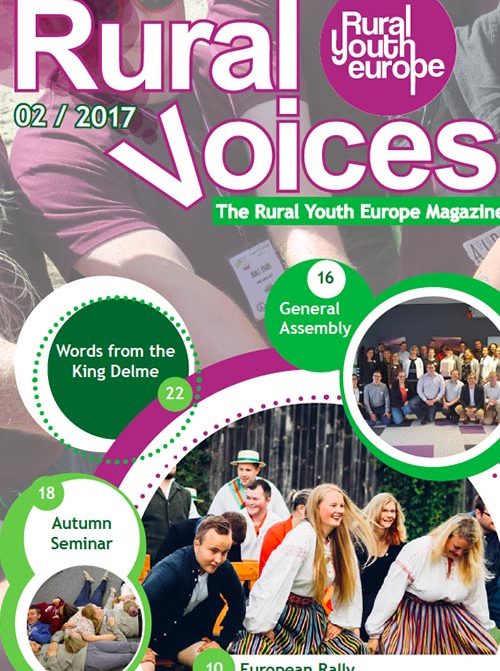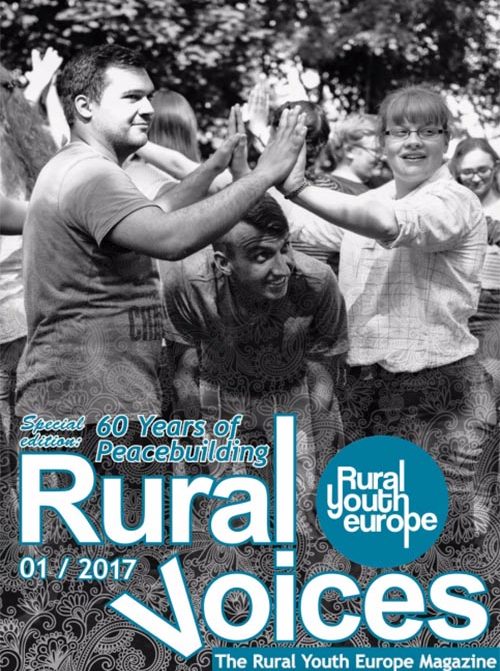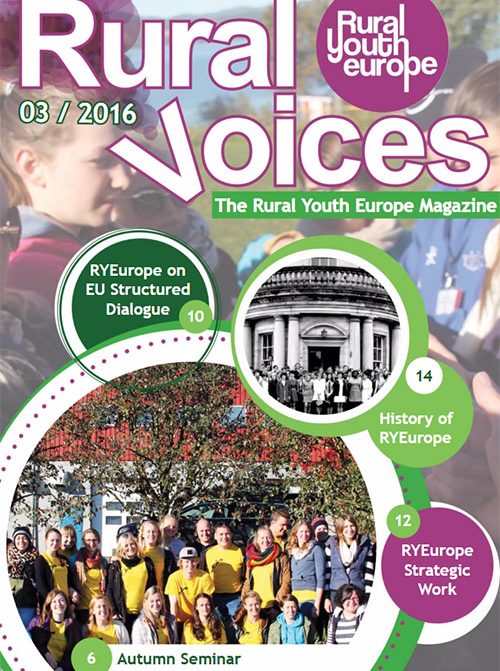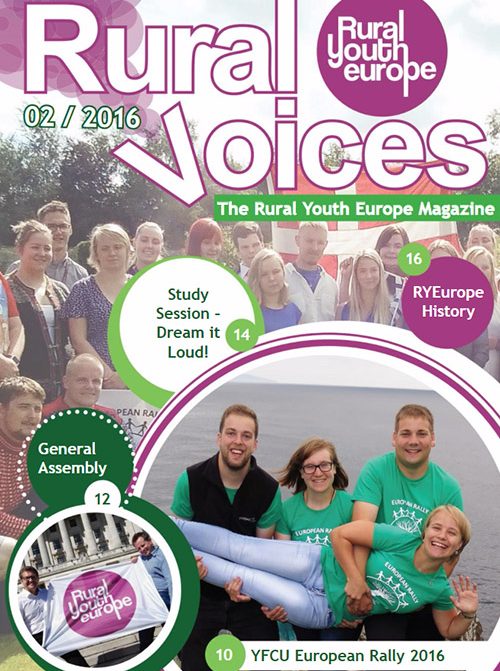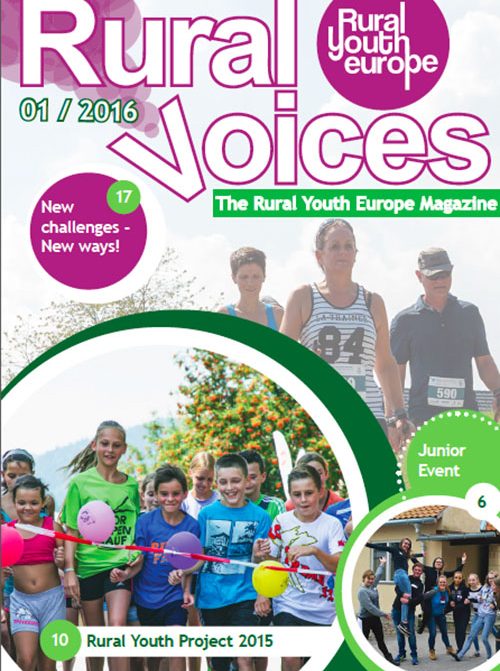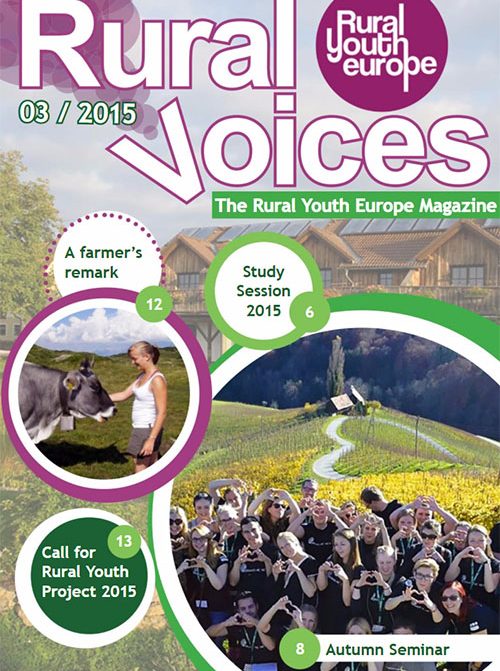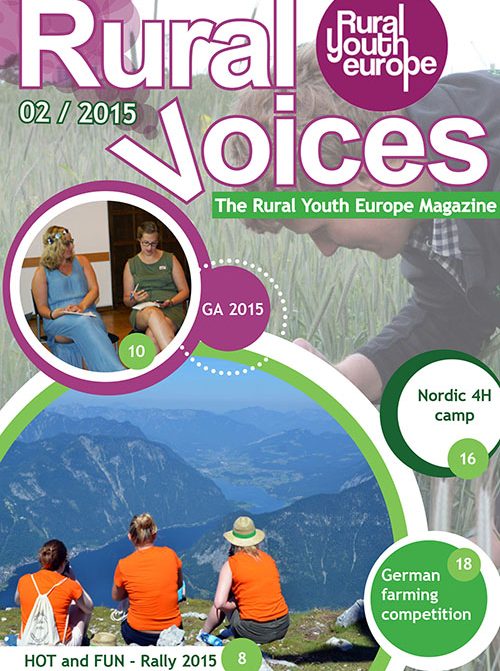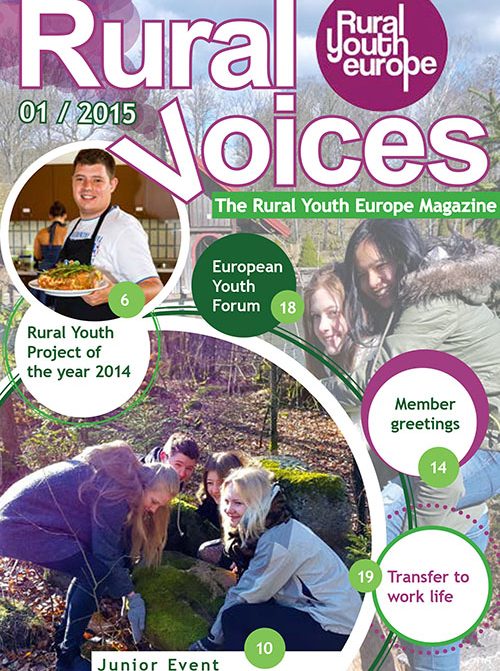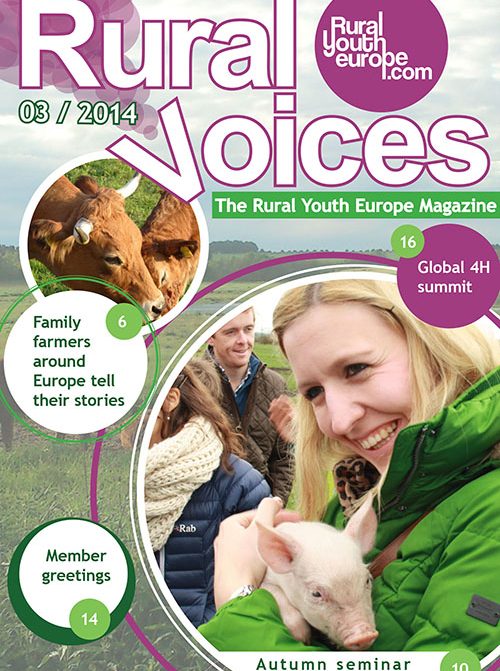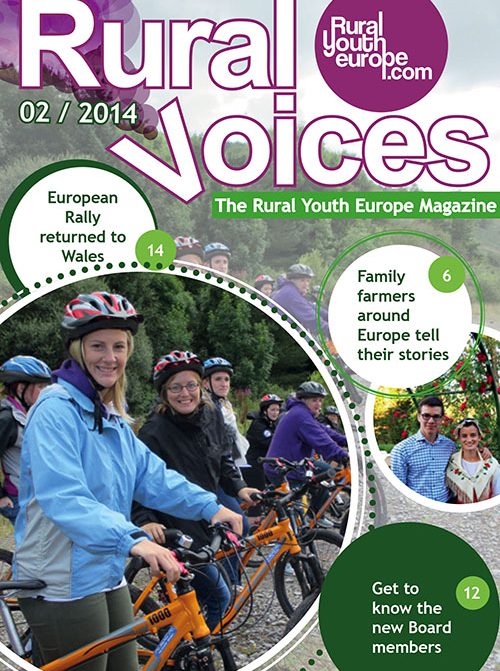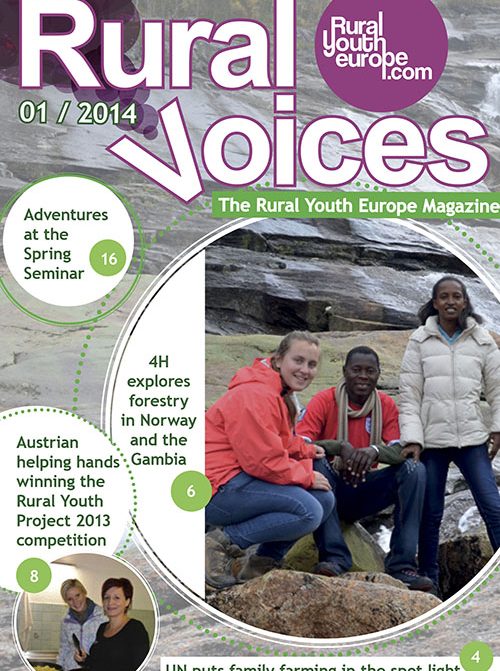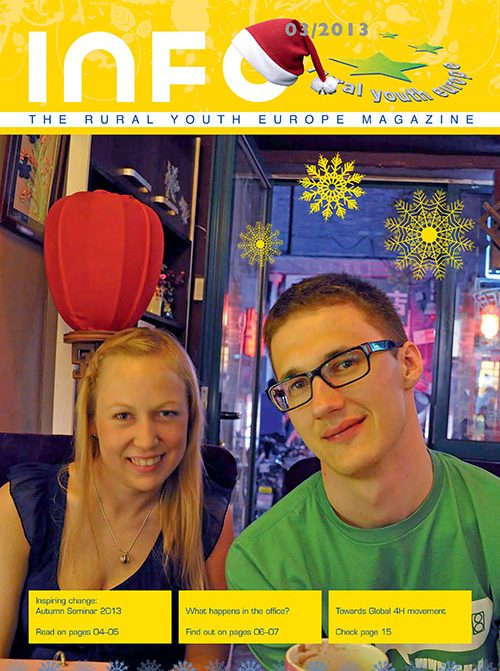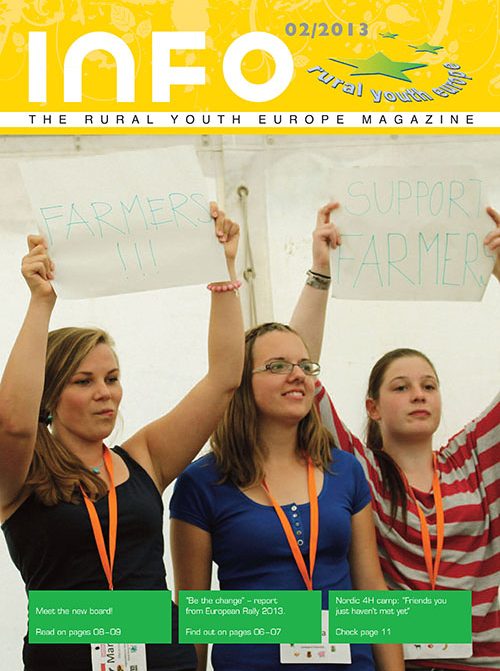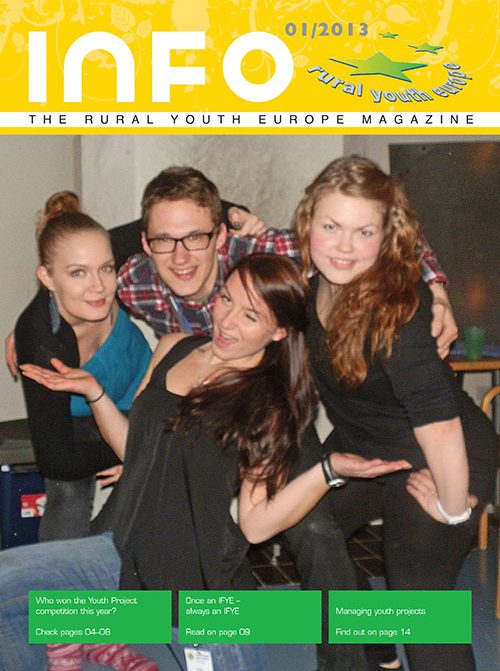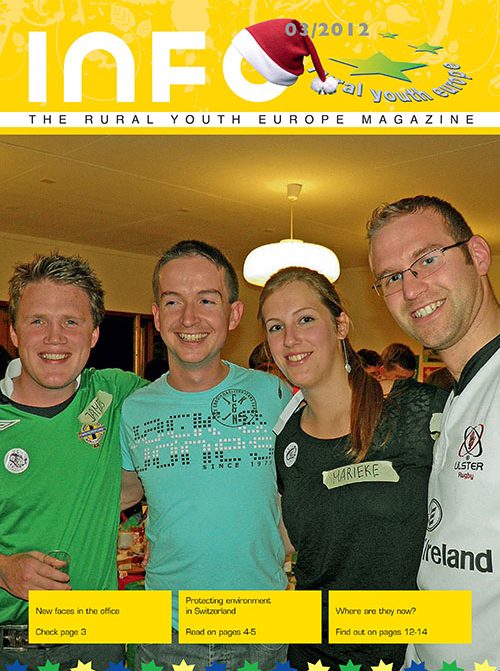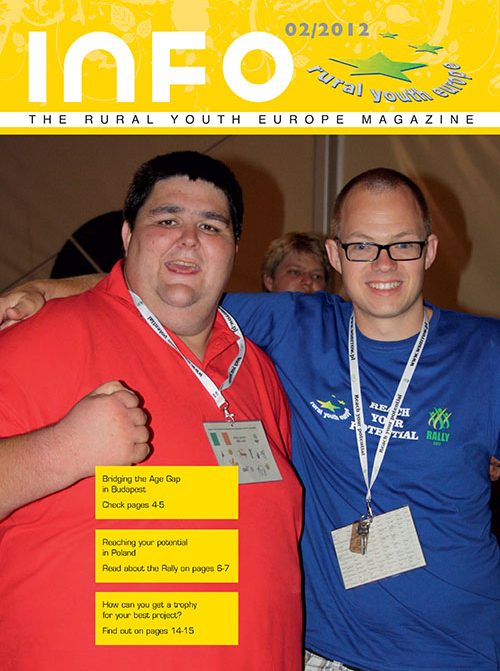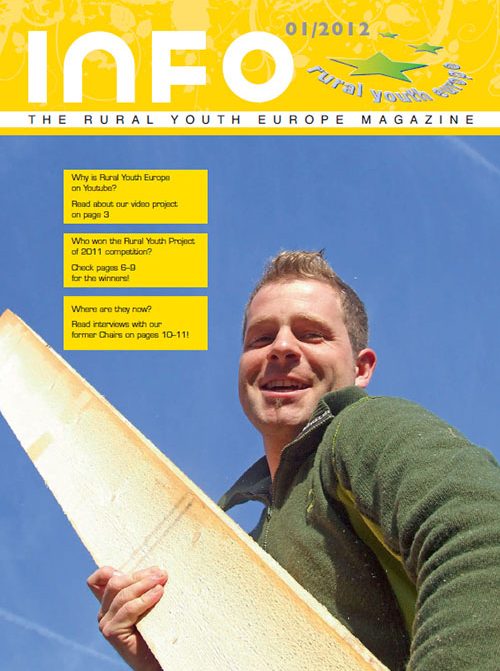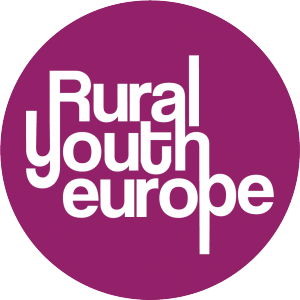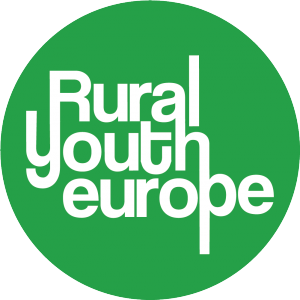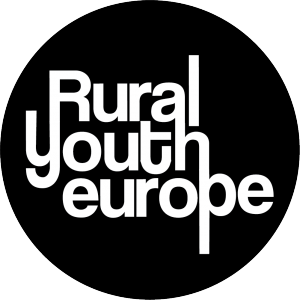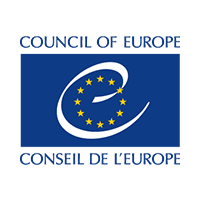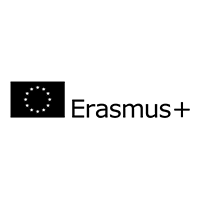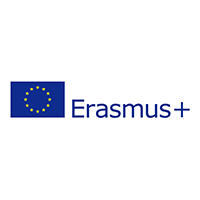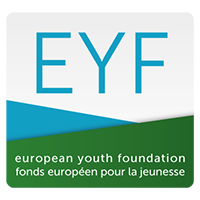Rural Youth Europe learning platform
What is non-formal education?
Where the traditional education is divided into the intentional and imposed learning, in other words formal learning, and the incidental and unstructured learning, or in-formal learning, non-formal education and learning is based in the planned but more freely executed learning. This means methods are intentional, but the learning goals are established together with the learners themselves.
Non-formal methods cover all methods used in a self-directed, outside imposed educational structure, but still aim based learning methods. Basically, reading a book can be both a formal and a non-formal method, depending on if the learner decided to read it based on their aim and learning preference (non-formal) or if it was decided by another instructor that they should read it (formal). If methods are the how, the themes are the what. This meaning; we can learn about Peacebuilding (theme) by reading, playing a game, or even just talking with a peer learner.
Our non-formal youth work methods
Games to get to know each otherHuman rights and peace buildingEvaluationEnergisersYouth participationLGBTQ+ Inclusiveness
LGBTQ+ Do’s and Don’ts Social Media Post LGBTQ+ Do’s and Don’ts A4 Poster LGBTQ+ Do’s and Don’ts A3 PosterDare to Share: Communicate and Collaborate Workshop
The Big 5 Social Media ChannelsTop 10 Elements of a Great Post
Together Thursdays: Rural Ideation Cards
Playing CardsStudy Session 2022: Feed it Forward – Food as a Human Right
The Sustainability CookbookStudy Session 2023: Respect and Resilience
Study Session Report Respect and Resilience GuidebookStudy Session 2024: Rural Youth Work 101
Rural Youth Work 101 ToolkitEuropean Rally 2023: Grow – Eat – Repeat
Booklet: Outcomes of the projectSubmit your own learning platform material
Click here to open the formView Rural Youth Europe Magazines here
2019 issue
2018 issue
Our videos
See other videos on our YouTube channel!


